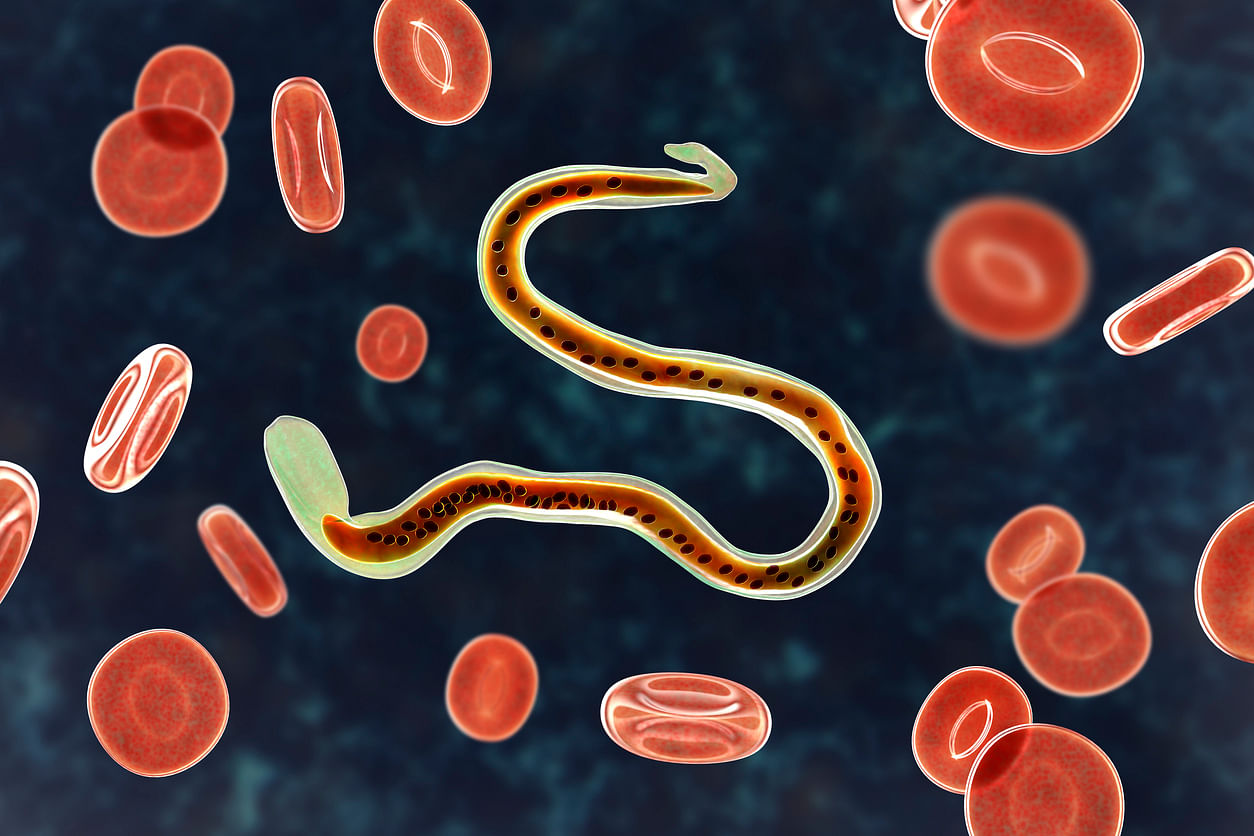
Udupi district is all set to be declared as the first district in Karnataka to eliminate Filariasis.
“The documents needed for such recognition was dispatched to World Health Organisation (WHO),” sources in district health department told DH.
The department took many initiatives and ensured that no new cases were reported since many years.
In 2004, filaria elimination programme was launched in 255 endemic districts in 16 states and five Union Territories of India. Initially, diethylcarbamazine (DEC) was given under mass drug administration (MDA) and later on in 2006 albendazole was added with DEC in the mass drug administration programme.
Simultaneously, Udupi district was included in the mass programme. Udupi district’s health department has passed the third filariasis Transmission Assessment Survey (TAS) that was conducted in August 2019. This survey was carried out in order to declare the district free from filariasis.
District Vector-Borne Disease Control Officer Dr Prashanth Bhat said two transmission assessment surveys targetting children aged between six to seven years was carried out in the district in 2013 and 2016. The samples collected in surveys did not test positive to microfilaria and no new cases were detected.
The third and final round of TAS should have been conducted in 2018, but due to some technical issue like delay in the arrival of imported kits, the survey was postponed and conducted in August, 2019. The survey of 1,600 children again revealed no new infections, he added.
Dr Bhat said that the random assessment of school kids in the district was done by a computer programme software and the same kids were examined during the Transmission Assessment Survey (TAS) to ensure accuracy in the survey. The third filariasis TAS was conducted in DK and UK districts in November, 2019.
So these two districts are waiting to be declared as ‘filariasis free’ districts. Dr Bhat hoped that WHO will dispatch the certificate declaring Udupi as filariasis free district within two years. Filaria spreads through the Culex mosquito that breeds in stagnant water.
Unlike malaria and other vector-borne diseases, the symptoms of filaria become evident only after 10 to 15 years, and by then it is too late to reverse the condition of the patient. If detected early, microfilaria can be cured successfully, he added.